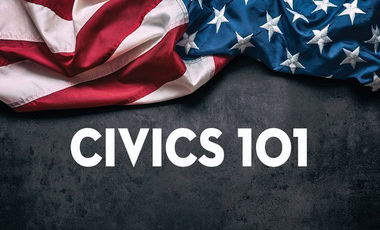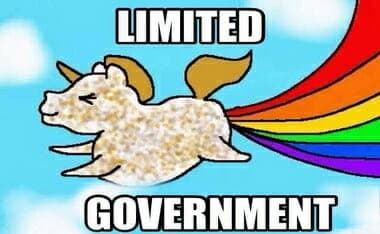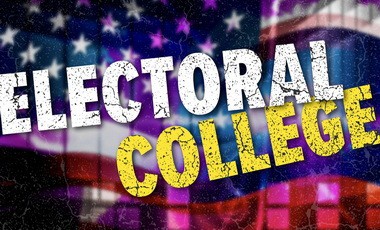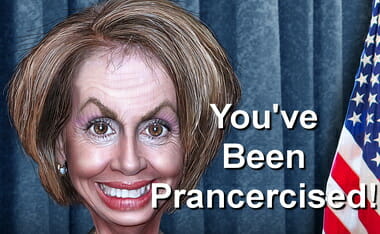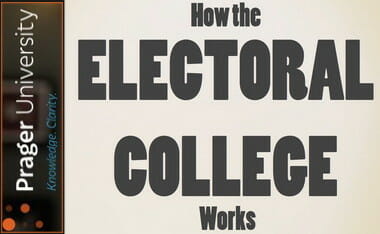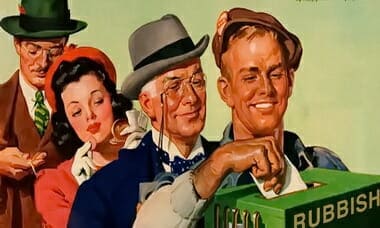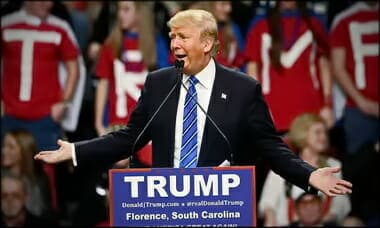Critics have long derided the Electoral College as a fusty relic of a bygone era, an unnecessary institution that one day might undermine democracy by electing a minority president. That day has arrived, assuming Gov. Bush wins the Florida recount as seems likely.
The fact that Bush is poised to become president without a plurality of the vote contravenes neither the letter nor the spirit of the Constitution. The wording of our basic law is clear: The winner in the Electoral College takes office as president. But what of the spirit of our institutions? Are we not a democracy that honors the will of the people? The very question indicates a misunderstanding of our Constitution.
James Madison’s famous Federalist No. 10 makes clear that the Founders fashioned a republic, not a pure democracy. To be sure, they knew that the consent of the governed was the ultimate basis of government, but the Founders denied that such consent could be reduced to simple majority or plurality rule. In fact, nothing could be more alien to the spirit of American constitutionalism than equating democracy will the direct, unrefined will of the people.
Recall the ways our constitution puts limits on any unchecked power, including the arbitrary will of the people. Power at the national level is divided among the three branches, each reflecting a different constituency. Power is divided yet again between the national government and the states. Madison noted that these two-fold divisions — the separation of powers and federalism — provided a “double security” for the rights of the people.
What about the democratic principle of one person, one vote? Isn’t that principle essential to our form of government? The Founders’ handiwork says otherwise. Neither the Senate, nor the Supreme Court, nor the president is elected on the basis of one person, one vote. That’s why a state like Montana, with 883,000 residents, gets the same number of Senators as California, with 33 million people. Consistency would require that if we abolish the Electoral College, we rid ourselves of the Senate as well. Are we ready to do that?
The filtering of the popular will through the Electoral College is an affirmation, rather than a betrayal, of the American republic. Doing away with the Electoral College would breach our fidelity to the spirit of the Constitution, a document expressly written to thwart the excesses of majoritarianism. Nonetheless, such fidelity will strike some as blind adherence to the past. For those skeptics, I would point out two other advantages the Electoral College offers.
First, we must keep in mind the likely effects of direct popular election of the president. We would probably see elections dominated by the most populous regions of the country or by several large metropolitan areas. In the 2000 election, for example, Vice President Gore could have put together a plurality or majority in the Northeast, parts of the Midwest, and California.
The victims in such elections would be those regions too sparsely populated to merit the attention of presidential candidates. Pure democrats would hardly regret that diminished status, but I wonder if a large and diverse nation should write off whole parts of its territory. We should keep in mind the regional conflicts that have plagued large and diverse nations like India, China, and Russia. The Electoral College is a good antidote to the poison of regionalism because it forces presidential candidates to seek support throughout the nation. By making sure no state will be left behind, it provides a measure of coherence to our nation.
Second, the Electoral College makes sure that the states count in presidential elections. As such, it is an important part of our federalist system — a system worth preserving. Historically, federalism is central to our grand constitutional effort to restrain power, but even in our own time we have found that devolving power to the states leads to important policy innovations (welfare reform).
If the Founders had wished to create a pure democracy, they would have done so. Those who now wish to do away with the Electoral College are welcome to amend the Constitution, but if they succeed, they will be taking America further away from its roots as a constitutional republic.
How did the terms “Elector” and “Electoral College” come into usage?
The term “electoral college” does not appear in the Constitution. Article II of the Constitution and the 12th Amendment refer to “electors,” but not to the “electoral college.” In the Federalist Papers (No. 68), Alexander Hamilton refers to the process of selecting the Executive, and refers to “the people of each State (who) shall choose a number of persons as electors,” but he does not use the term “electoral college.”
The founders appropriated the concept of electors from the Holy Roman Empire (962 – 1806). An elector was one of a number of princes of the various German states within the Holy Roman Empire who had a right to participate in the election of the German king (who generally was crowned as emperor). The term “college” (from the Latin collegium), refers to a body of persons that act as a unit, as in the college of cardinals who advise the Pope and vote in papal elections. In the early 1800’s, the term “electoral college” came into general usage as the unofficial designation for the group of citizens selected to cast votes for President and Vice President. It was first written into Federal law in 1845, and today the term appears in 3 U.S.C. section 4, in the section heading and in the text as “college of electors.”
